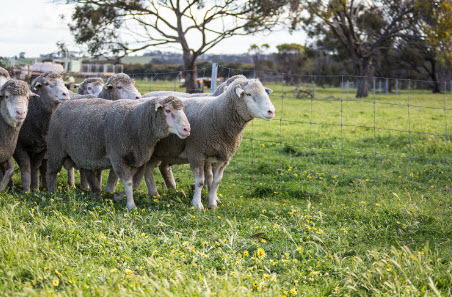SSF spotlight: Ensuring a financially resilient industry
May 28 2025

Contact:
Courtney Nelson – Manager, Sheep Sustainability Framework
Email: cnelson@mla.com.au
Resources:
- Read the 2024 SSF Annual Report.
- Learn more about ensuring a financially resilient industry.